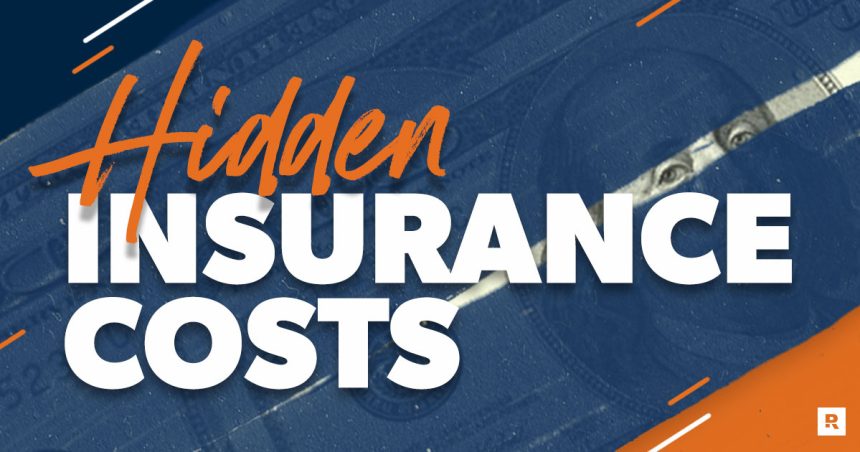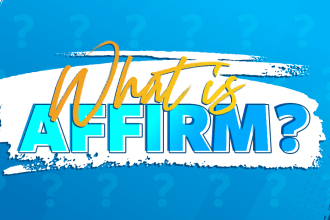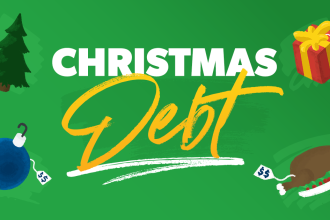Everyone needs insurance, right? And nobody should exploit that need to line their own pockets. Sadly, that’s just what many insurance companies do! So you have to be on the lookout for the sneaky expenses they slide into their packages that drive up your insurance bill.
By making a few tweaks to your insurance policies, you can stop all that nickel-and-diming—and keep more money in your pocket! Hey, every little bit helps, right?
Start saving money by watching out for these bogus insurance fees:
1. Monthly Payment Fees
When it comes to insurance, how you pay can be just as important as what you’re paying for.
If you pay your insurance premiums monthly, you’re actually choosing the most expensive way to pay. Here’s why: More payments mean more administrative costs for the insurance company. So they charge you an “installment fee.” No thank you.
You can usually score a discount by paying quarterly (four times a year) or semiannually (twice a year). For the biggest savings? Pay the whole year up front.
2. Paper Payment Fees
A lot of insurance companies will give you a break if you switch from paper statements to email statements and set up automatic payments instead of paying with a check in the mail. Again—it’s all about saving on the administrative costs for the company. If you go paperless, they can’t pass those expenses on to you. Plus, you’ll save a few trees and avoid late payments in the process. Win-win!
3. Rental Car Reimbursement Coverage
A nasty wreck could leave your car stranded in the shop for a couple weeks. So how do you get around while your mechanic fixes Old Betsy?
Rental car reimbursement will pay for a rental car you can drive while you’re waiting on repairs. Sometimes it adds as little as $2 each month to your premiums—but it can also be more than $175 every year!
The truth is, you probably don’t need this coverage—especially if you have a fully funded emergency fund in place, access to a second vehicle, or nice friends who can shuttle you around for a few days.
4. Emergency Roadside Service
You might be able to save a couple bucks by dropping emergency roadside service too. This is another optional coverage that helps with roadside troubles like towing or fixing a flat. Depending on the policy, your insurance company could reimburse you for the costs of roadside service or they’ll send help directly to you at no charge.
The coverage isn’t very expensive. But if you already have roadside assistance through an organization like AAA (American Automobile Association), then you’re paying for the same thing twice—and who wants to do that?
When it comes to car insurance, you need full coverage, which is made up of three types of coverages
But beyond that, with a fully funded emergency fund in place, you can drop these add-ons and save some money.
Not sure? Talk to an independent insurance agent to check which coverages you need and which ones you can skip.
5. Return of Premium Riders
We know what you’re thinking: What in the world is a rider? It’s an additional coverage that’s added to a policy for an extra charge. You’ll often see riders attached to life insurance policies, but you might see some riders available with homeowners or auto insurance policies too.
Do you have the right insurance coverage? You could be saving hundreds! Connect with an insurance pro today!
A return of premium rider says you can get your premiums back if you never use the policy. Sounds good, right? But a return of premium rider could add hundreds of dollars to a life insurance bill each year—and that’s money you could use to pay off debt, build your emergency fund, or invest for retirement.
6. Accidental Death Riders
Nope, this isn’t the name of your favorite metal band. It’s additional coverage that’s sold with life insurance policies—and it’s something you should avoid.
Accidental death riders give you extra coverage if your cause of death is an accident. For example, let’s say you take out a $500,000 life insurance policy with an extra $500,000 accidental death rider. If you died in a car accident, your beneficiaries would get the extra $500,000—for a total payout of $1 million.
But your family doesn’t need twice as much just because you died in an accident. Stay away from these gimmicks. If you carry 10–12 times your annual salary in term life coverage, you’re fine.
7. Extended Warranty Coverage
Don’t do it, people. Extended warranties are basically extra insurance for your stuff—like your TV, couch, smartphone, etc. The salesperson always makes them seem like such a good idea. But here are three reasons to pass.
- Most new items already come with a standard manufacturer’s warranty. Meaning if your smartphone goes dumb within the first few months (or even the first year or more), the manufacturer will fix it for free. An extended warranty just prolongs that original period—but at a price.
- The chances of your stuff breaking down are pretty small. If you’re really worried, just sock away a little bit each month into a repair fund in case something does happen.
- Most of your extended warranty payment goes toward commissions or the company’s profit or overhead. Gross.
Do You Have the Coverage You Need?
Not sure if you’re fully covered for all life throws at you? It’s worth looking into! And you can check your insurance (and all your other coverage) in just five minutes.
Paying Too Much for Coverage? Talk With a Pro
Now’s the time to figure out if you’re overpaying for insurance—what could you do with that extra cash if you kept it in your pocket instead? Knock out a little more of your debt snowball, boost your retirement fund, or get hustling on paying off your mortgage? The possibilities are endless! So what are you waiting for?
If you don’t have an independent insurance agent already lined up, we have some awesome recommendations. We’ll help you find local insurance pros who are RamseyTrusted, meaning they have a solid track record of providing excellent service—and we’ve already vetted them for you! They’re experts who will find you the right coverage.
Connect with a RamseyTrusted insurance expert today.
Read the full article here














